He’s been awarded 16 Michelin stars. He’s written 26 bestselling cookbooks. He’s saved sad sack restaurants from financial ruin. He’s picked America’s MasterChefs. So it’s only logical that the next thing for Gordon Ramsay was to try his hand at being a wilderness exploring, action man, chef. Which is precisely what Gordon Ramsay: Uncharted is.
But first, a note for the uninitiated. This series is neither a travelogue nor a cooking show. It isn’t even a combination of the two. At least not in the traditional sense. The idea here is that Gordon travels the world, spends a week in what are “uncharted” culinary territories, learns from locals, hunts and gathers, eats Sumatran durian, and jumps out of helicopters, before finally trying to put everything he’s learned on a plate.
In the seven episodes that make up this season, Gordon finds himself in Tasmania, South Africa, Louisiana, Indonesia, Guyana, India, and Norway.
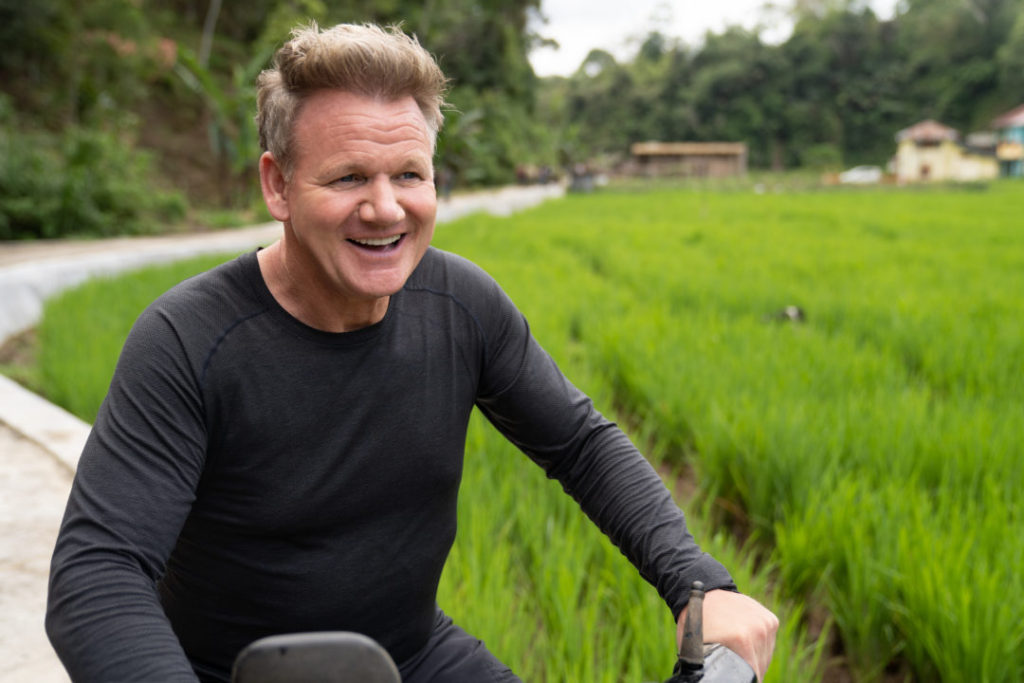
Gordon Ramsay: Uncharted runs at a tight 40 or so minutes and tries to give you some insight as to how a chef discovers, and is influenced by, different cuisines and cultures. Food and flavours have always been borrowed and blended. The best chefs always looking to be moved by some new spice, or texture, or method of preparation. Ever wonder how that Zulu-inspired entrée ended up on the menu of a Michelin starred restaurant in London? Gordon Ramsay: Uncharted gives you an extreme take on what that process might look like. Where Jamie Oliver might discover a great dish in a quaint hole in the wall in Sicily, Gordon Ramsay is hose-diving into Tasmania’s stormy waters to hunt the crayfish hiding among its rocks.
The problem, however, with shows like Uncharted, is that they haven’t evolved from the same prescribed format we’ve seen over and again for decades. Given the high concept of this, it’s disappointing that they didn’t let it influence the way they told these stories. Relying instead on a narrative style that, in all honesty, is beginning to feel incredibly tired.
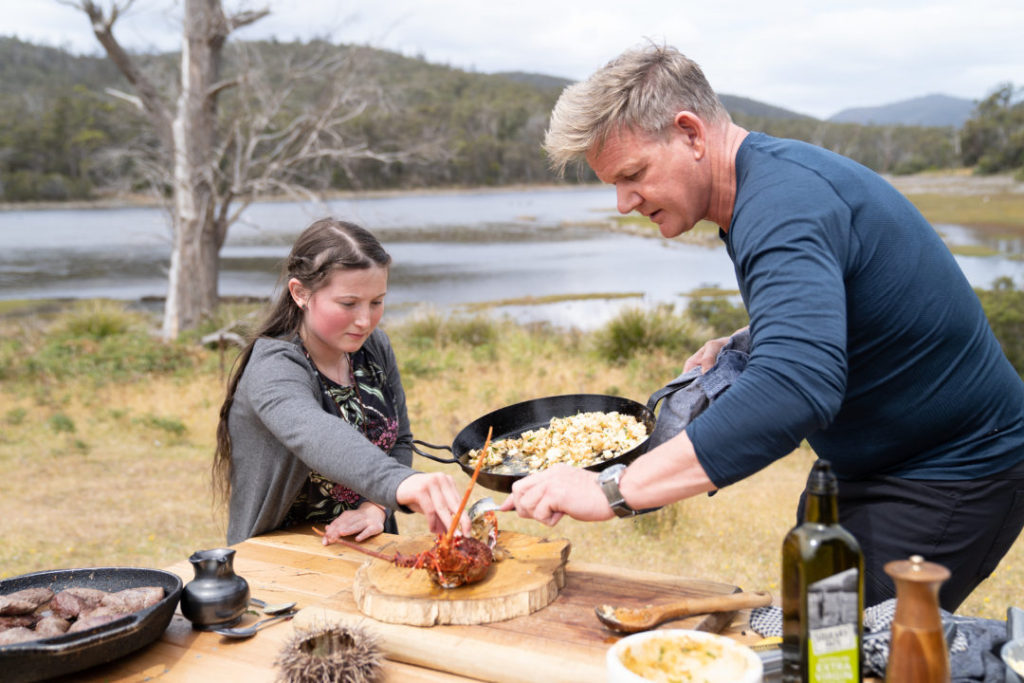
If you’re an avid watcher of this sort of television, you’ll find very little here that’s surprising. The series, which is produced to within an inch of its life, is so formulaic that you’ll likely recognise every dramatic beat. And despite the Man vs. Wild elements that have been thrown in, it unfortunately feels like yet another off the shelf production.
This is something made all the more apparent given how platforms like Netflix, Quibi, Bon Appétit, and Food52, are shaking up how food programming is produced and presented. (We highly recommend David Chang’s Ugly Delicious if you’d like something that successfully merges food and cooking with personality, history, and pop-intellectualism.)
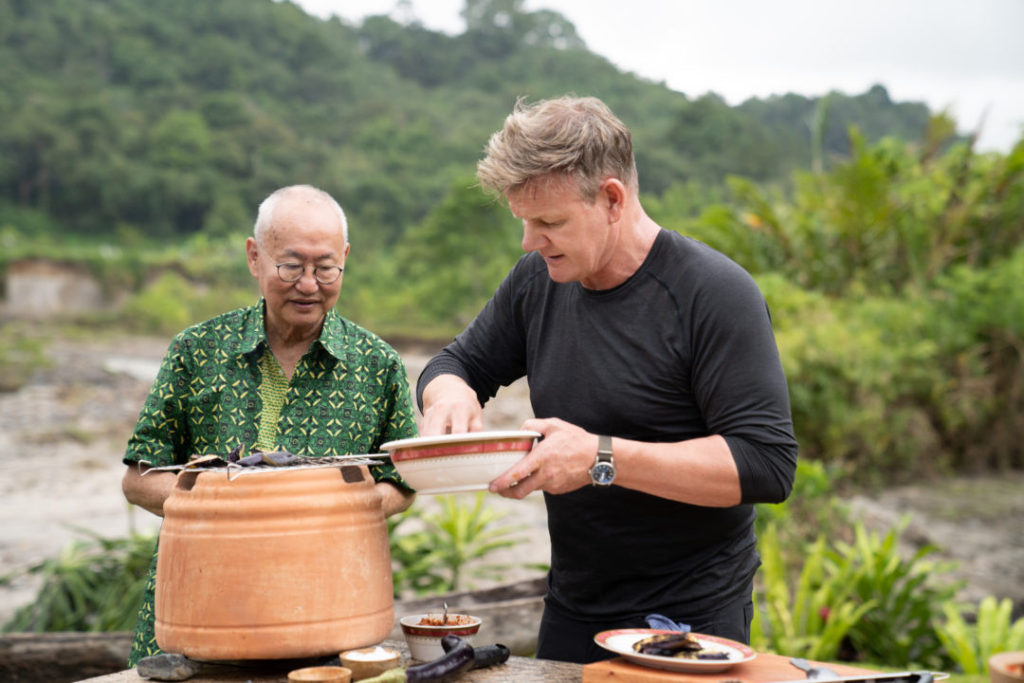
What this means, is that the most you get from Gordon. and everyone he encounters on his various adventures, are merely surface level interactions. The real conversations lost on the cutting room floor. With any meaningful insights along with them.
Take the episode in which they travel to Sumatra and Gordon risks life and limb to acquire the ingredients required to make a rendang. While the journey was entertaining, I couldn’t help but feel that the episode missed a beat with regards to exploring the history and legacy of a dish that’s beloved to almost 300 million people.
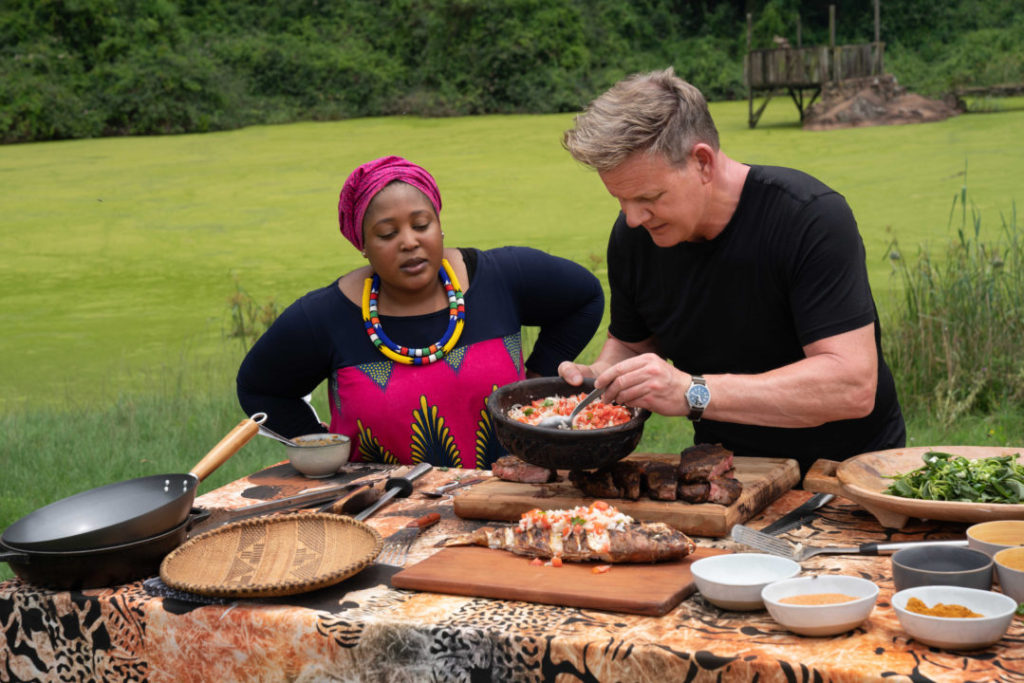
Whether or not you should watch this depends entirely on how you feel about Gordon Ramsay. Watch it if you’re someone who still finds his casual cussing and hyperactive demeanour charming. If, on the other hand, you’re someone who’s all Gordon-ed out from having seen him on practically every other show on television, then this series is something you’ll want to skip.
Whether or not you’ll learn anything depends entirely on how much you’re already invested in the wide world of food and cooking television.
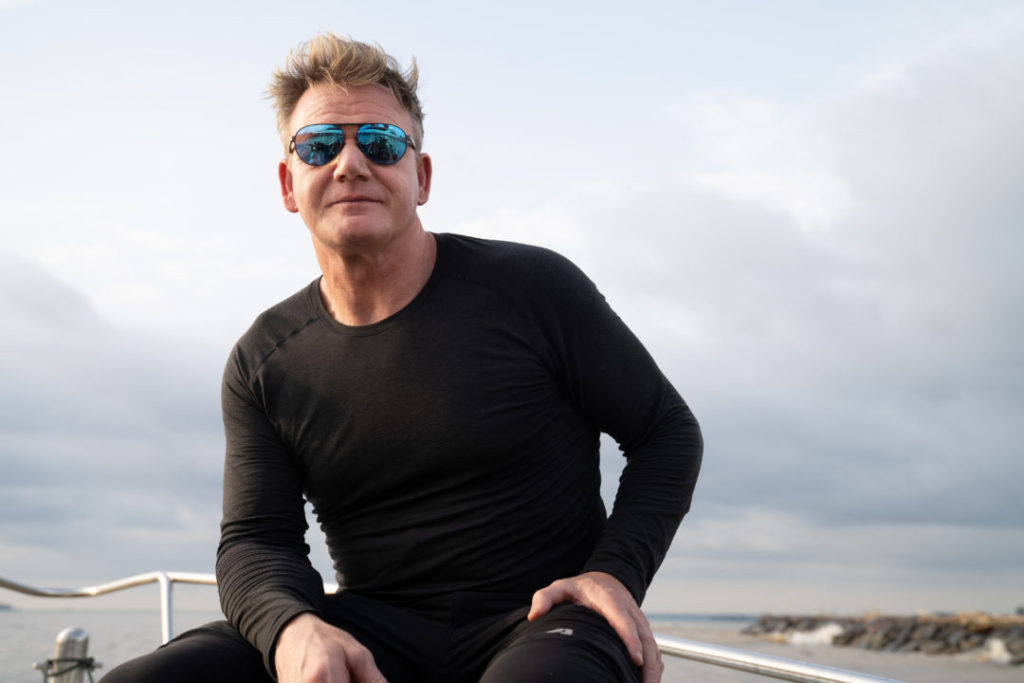
Uncharted is a series that feels like it stems from Gordon’s own ennui. He is, after all, someone who performs at the highest levels. He’s accomplished far more than most. He’s a man at the top of his game. So much so that opening yet another restaurant in Dubai feels like it wouldn’t inspire the same kind of joy it once did. And so, the question of “what’s next?” can only be answered with escalation.
It’s a little bit like the Fast and the Furious franchise. You know it’s not going to be long before Gordon ends up cooking on the International Space Station.
Gordon Ramsay: Uncharted
National Geographic, Season 2, 7 episodes
Producers: Gordon Ramsay, Lisa Edwards and Jon Kroll
Cast: Gordon Ramsay, Analiese Gregory, Zola Nene, William Wongso, Eric Cook, Delvin Adams, Shri Bala, and Christopher Haatuft

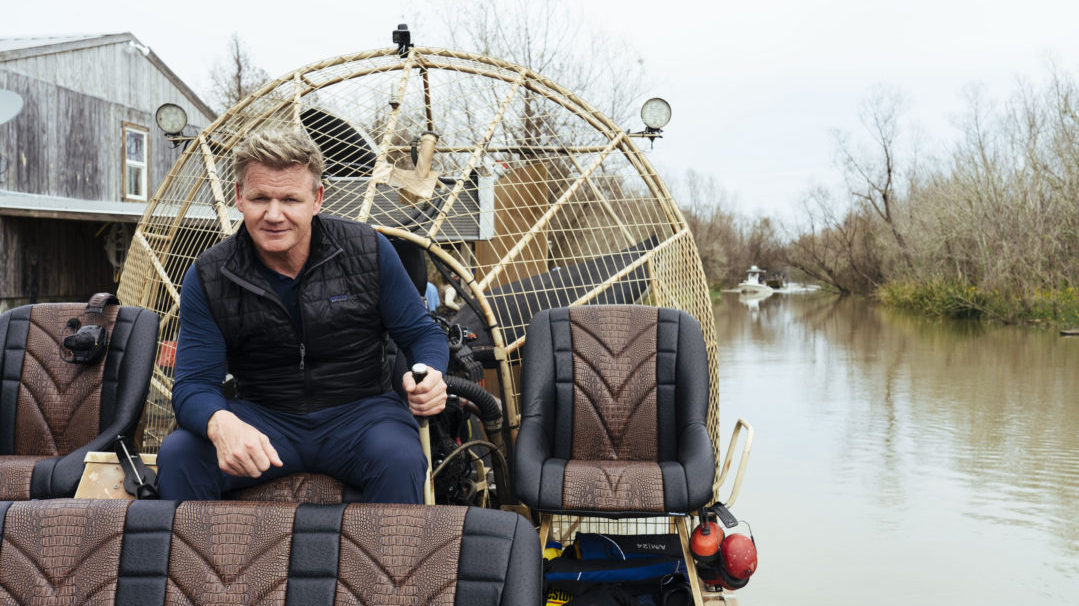
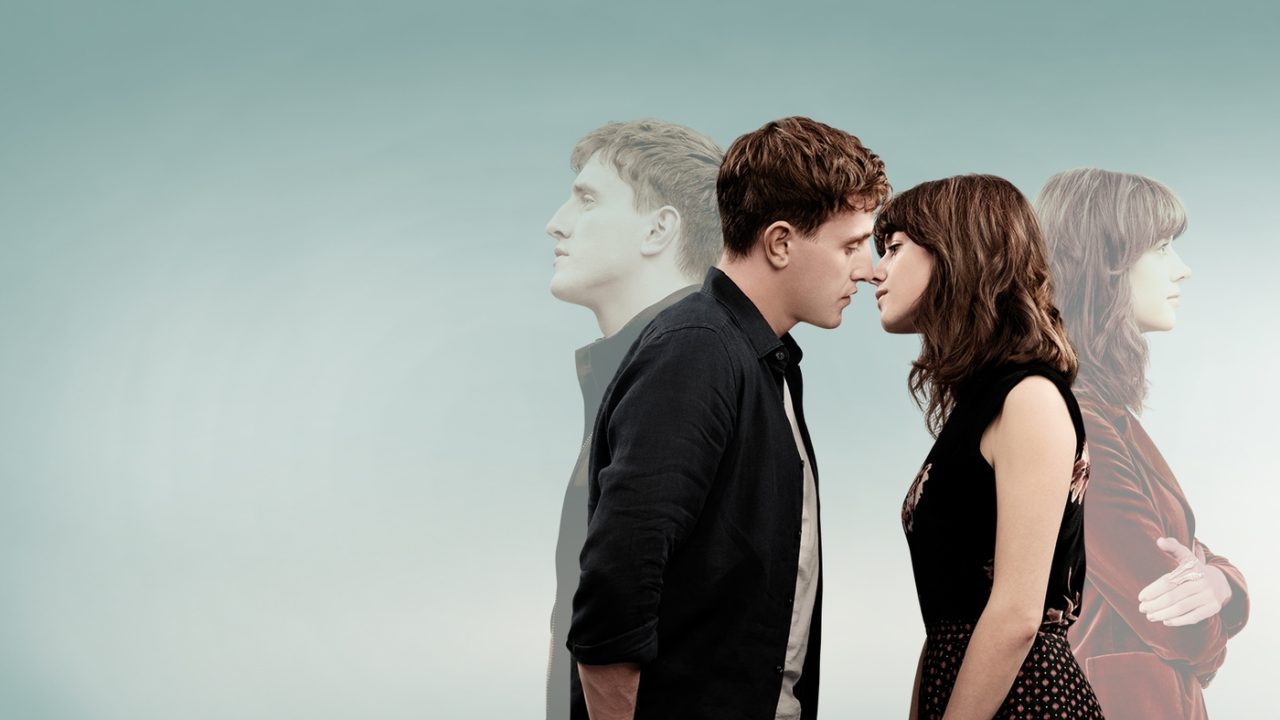
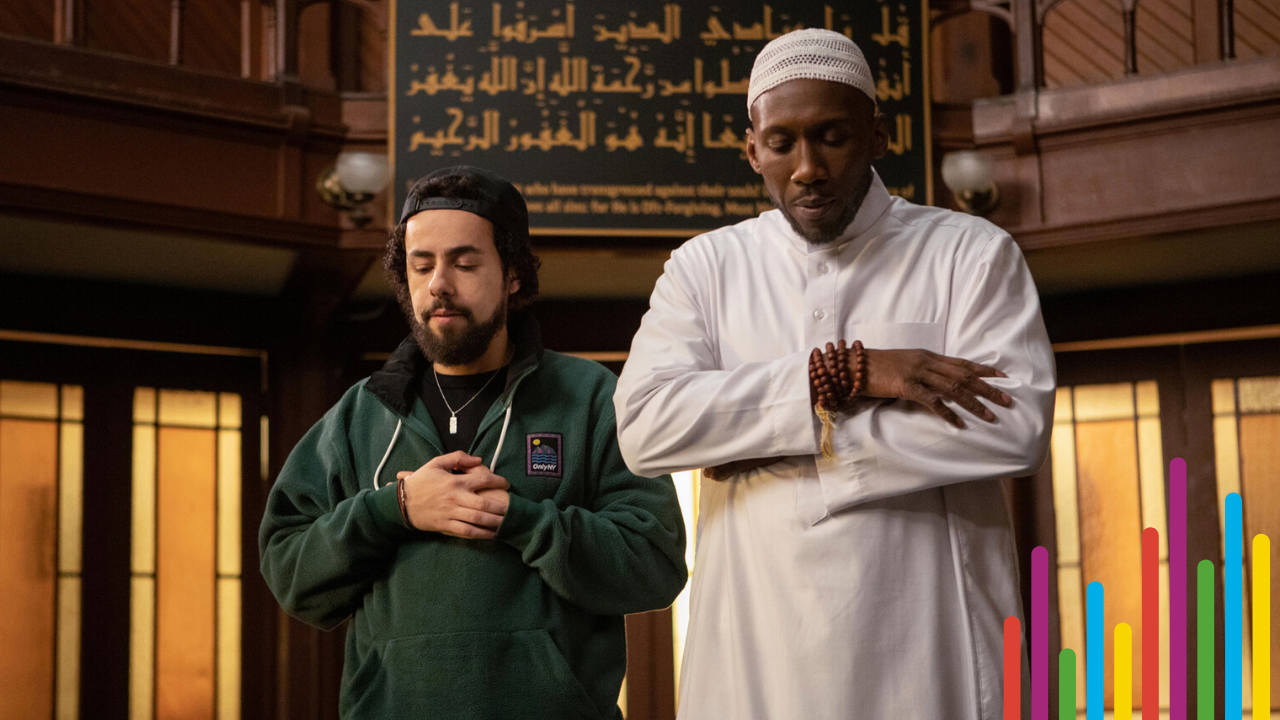
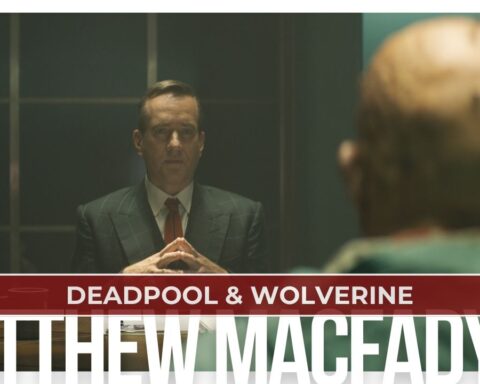
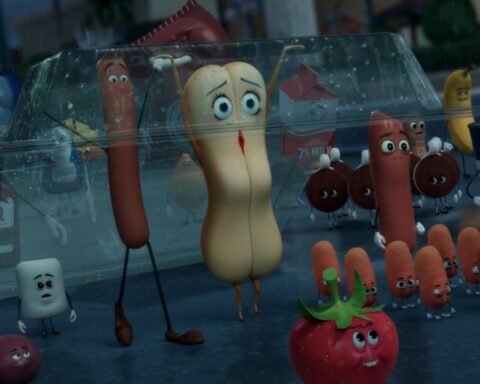

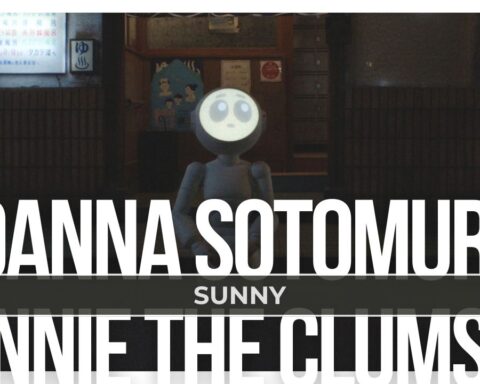
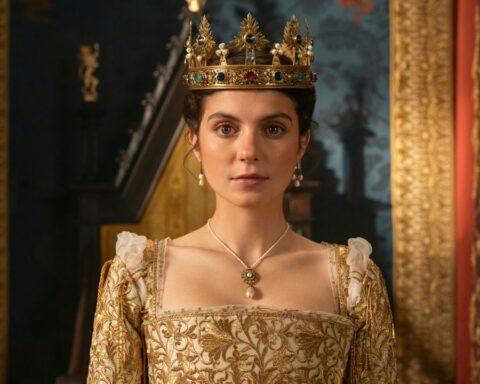
Follow Us